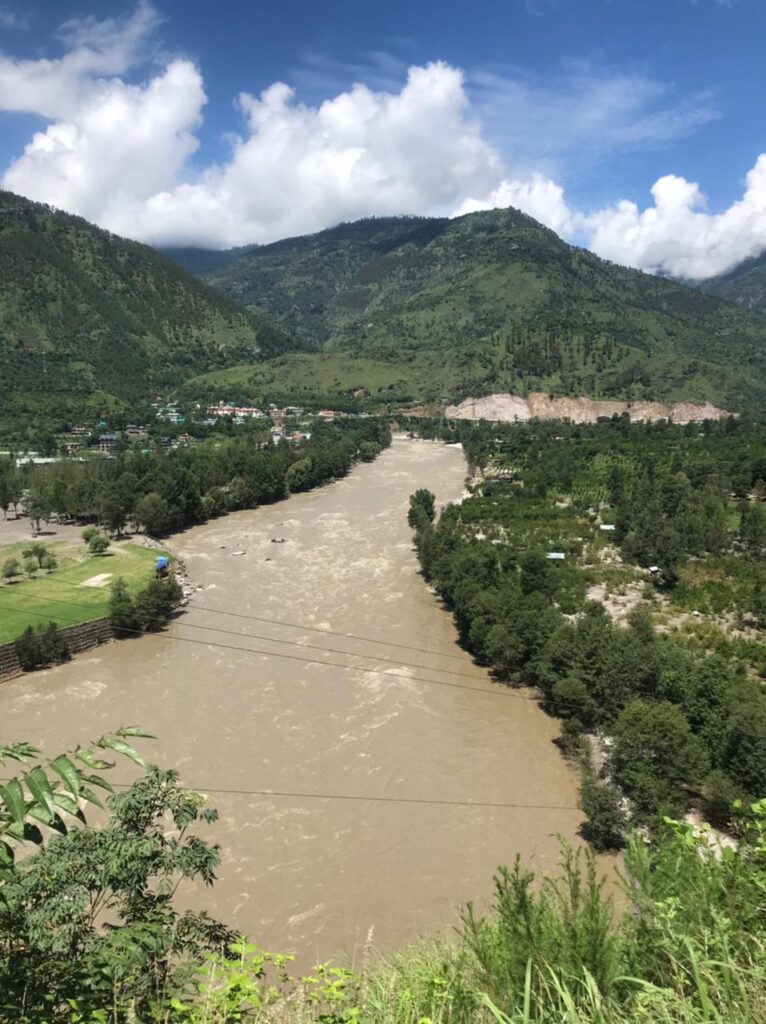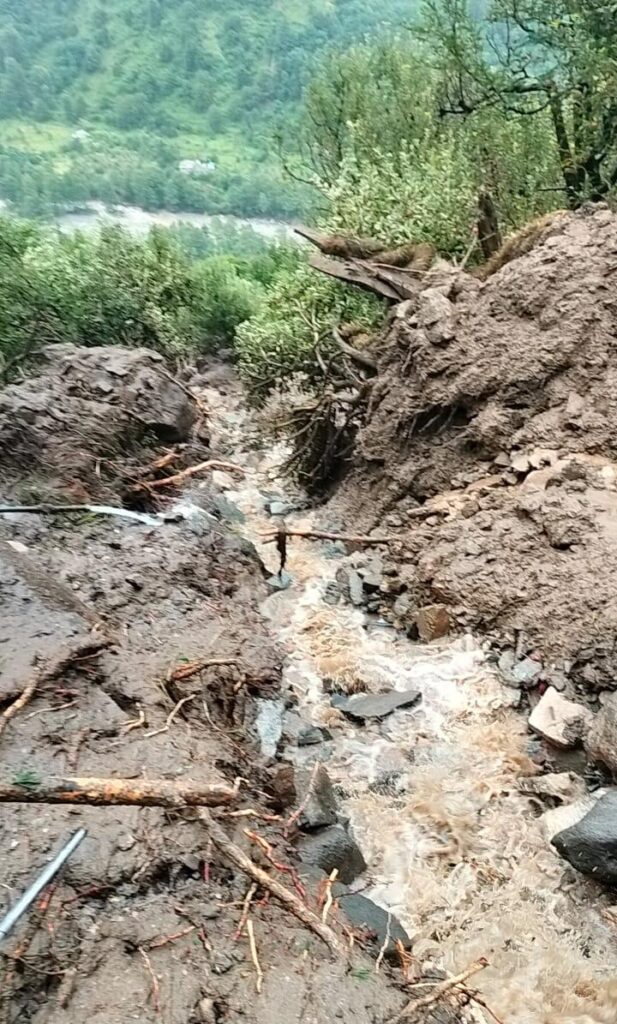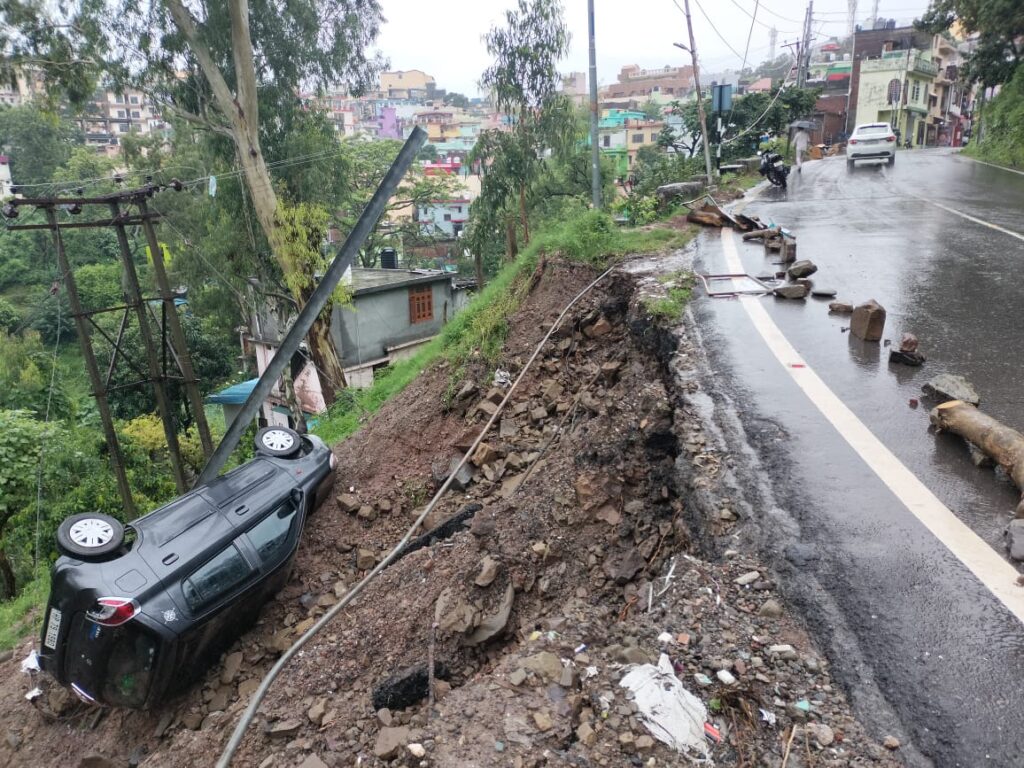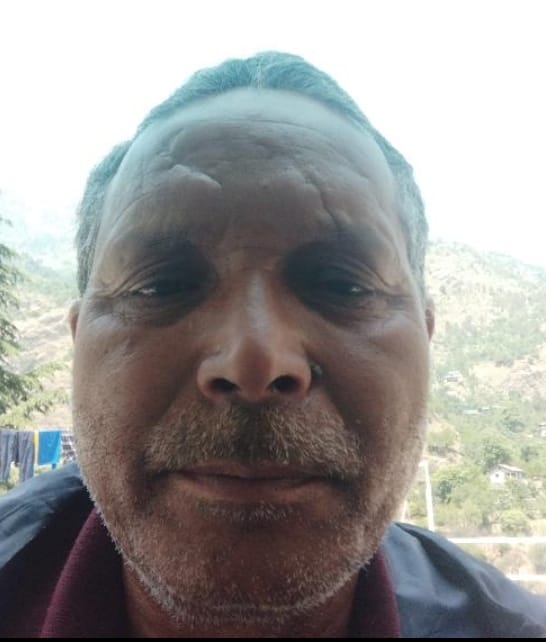Tufan mail news,Kullu. In the aftermath of the recent devastating disasters that have wreaked havoc upon Himachal Pradesh, Himalaya Niti Abhiyan (People for Himalayan Development) took center stage, sounding an urgent alarm. An online meet, “A Review of the Disasters in the Himalayan Region, particularly the Beas River Basin and downstream,” convened on July 19, 2023, drawing more than 45 dedicated individuals with extensive experience in the Himalayan region.
Guman Singh, Convenor of Himalaya Niti Abhiyan, passionately labeled the current crises in Himachal Pradesh as a national calamity fueled by unchecked development and greed. Pointing blame at NHAI and the Administration for permitting muck dumping and debris from construction and road projects in non-designated sites, he emphasized how this reckless behavior intensified the disasters.

Kulbushan Upmanyu, President of Himalaya Niti Abhiyan, expressed deep concern over the collective social and institutional failure adversely affecting the region’s economy and ecology. He urged immediate and long-term measures to prevent an even larger crisis in the future.
B R Kaundal and Joginder Walia, from Bhumi Adhigrahan Prabhavit Manch, highlighted the colossal damage caused by the reckless procurement of over 300 JCBs funded by banks solely within the vicinity of Mandi-Kullu area and the building of unrealistic and unplanned 14 helipads concentrated in Janjhehli constituency. They emphasized the urgency of building resistance against mega projects like the implementation of four-lane highways, as well as the proposed rail line to Leh.
Ramesh Negi, representing Integrated Mountain Institute, stressed the necessity of forming a government Commission of Inquiry. This commission would assess vulnerabilities and develop effective disaster management strategies, aimed at safeguarding the vulnerable Himalayan region.
Geologist R Sreedhar from Environics Trust advocated a localized development model tailored to the unique Himalayan geography, spanning from plains to cold deserts. He also raised concerns about escalating competition with China, underscoring its potential implications for the region.
Environmental justice researcher-activist Manshi Asher, with Himdhara, questioned accountability for the national calamity, highlighting the pivotal role played by mega hydro and road projects with far-reaching impacts. She urgently called for level 3 disaster assistance from the center.

Archana Vaidya, an environment lawyer, emphasized the necessity of third-party audits to reveal the real picture to the public, acknowledging various factors contributing to the losses.
Former Conservator of Forest and All India Kisan Sabha leader Kuldip Tanwar stressed the importance of strictly enforcing regulatory laws on planning, carrying capacity, impact assessment, and monitoring to prevent further environmental degradation.
Dr. O P Bhuraita, National Treasurer BGVS & EC member, AIPSN, called for a people’s commission to conduct a comprehensive ground assessment and submit a white paper to
the government. He emphasized the importance of a collective understanding and response, with communities and citizens at the heart of the process.
Uma Mahajan, an environmentalist, boldly pointed out that the crony capitalist model, a capital-centric monopolistic approach, was responsible for the devastation. She called for challenging this destructive model.
Sandeep Minhas from People for Himalayan Development vehemently expressed opposition to the FCA Amendment Bill, citing concerns about its potential to exacerbate the current Himalayan crisis through deforestation and exemptions to strategic linear projects within 100 km of border areas.

In a unanimous and resolute stand, all participants and discussants called on the government to urgently constitute a commission of inquiry headed by a retired Supreme Court judge. They implored for serious action to address the pressing challenges faced by the Himalayan region and redefine the model of development in this invaluable ecosystem.




